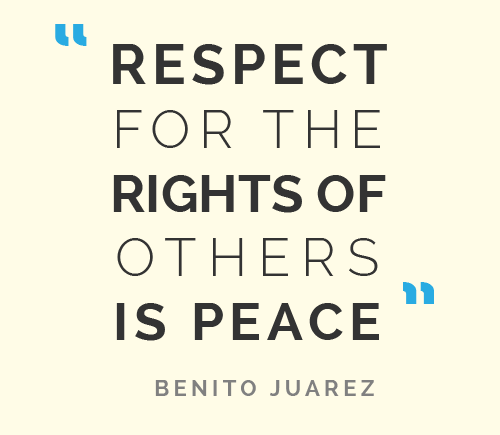The Batek of Peninsular Malaysia are an Orang Asli society, which means “Original People” in Malay. They practice daily hunting and gathering and consider the forest their home. Batek dependence on the forest is crucial, yet they are sometimes denied the use of surrounding forests due to governmental regulations or eradication of forests for exotic crops. Traditionally, the concept of owning land is absurd to them and likely does not help their situation when confronted with developers.
Despite their struggles, the Batek still value the act of act of sharing, whether it be money earned by one member of the group or food gathered from the forest. Their highly egalitarian lifestyle is another important aspect of their society, allowing men and women to participate equally in group decision-making and procurement of food, which is ultimately shared with the entire group. If you would like to learn more about the Batek please see the encyclopedia and news and reviews of this website.
“The Journey to Batek” (13:29): A group of students seek out a remote Batek village as part of a school project. They come to the realization that Batek values are different than most of modern society, including their value of sharing, regardless of the situation. The students also explore the living conditions of this settled Batek group, who have apparently been promised aid by local officials.
“Home of the Batek Negrito Nomads Turned into Palm Oil” (3:40): In this captivating short documentary, Pulitzer Center grantee James Whitlow Delano describes in detail how the rainforest home of Batek Negrito people has been mostly transformed into palm oil plantations. In fact, Malaysia is now the second largest palm oil produced worldwide.
“Batek Tribe: The Original Tribe of Peninsular Malaysia” (1:37): This quiet video takes a brief glimpse into the daily life of the Batek. Despite having no narration or soundtrack, the film allows the viewer to become an intimate observer as the Batek carry out routine activities in their forest home.
